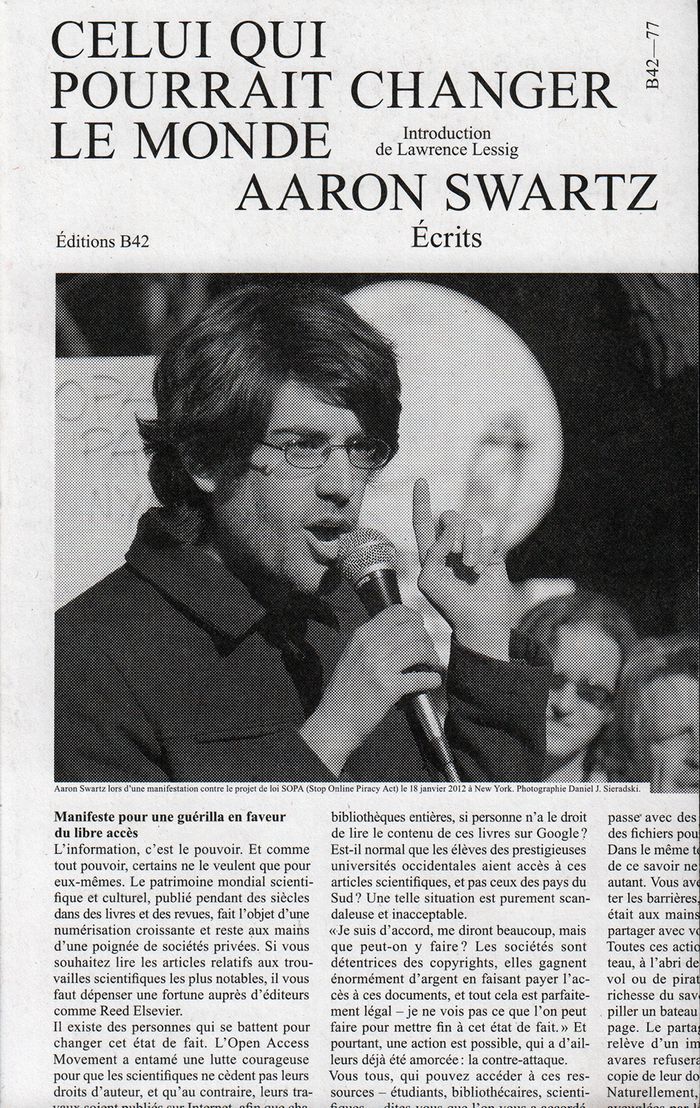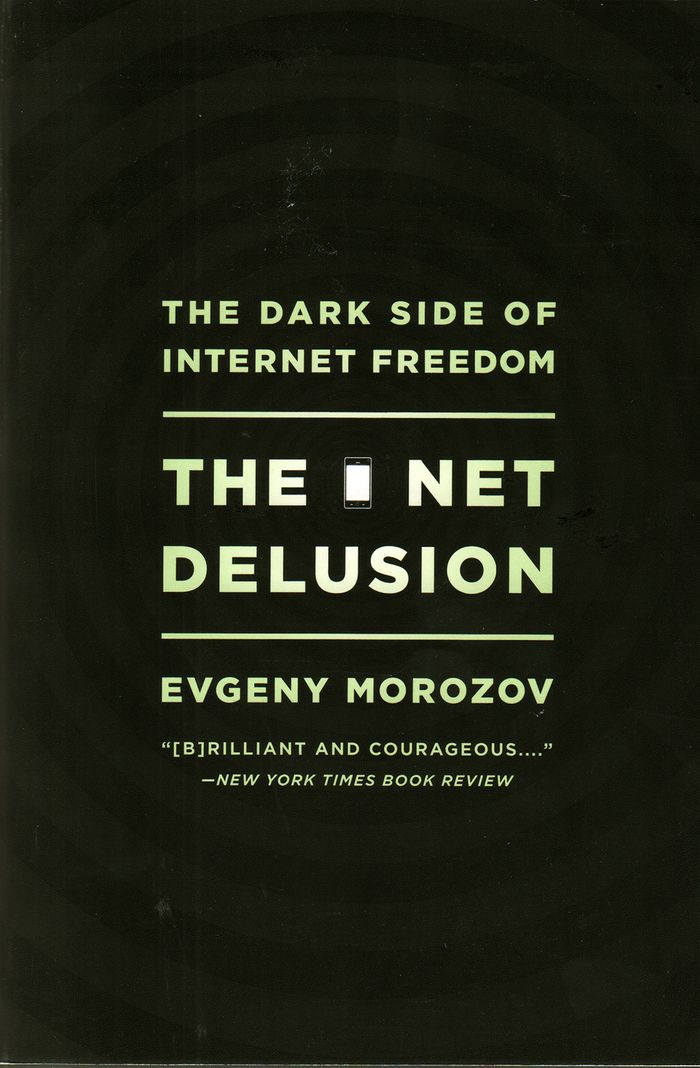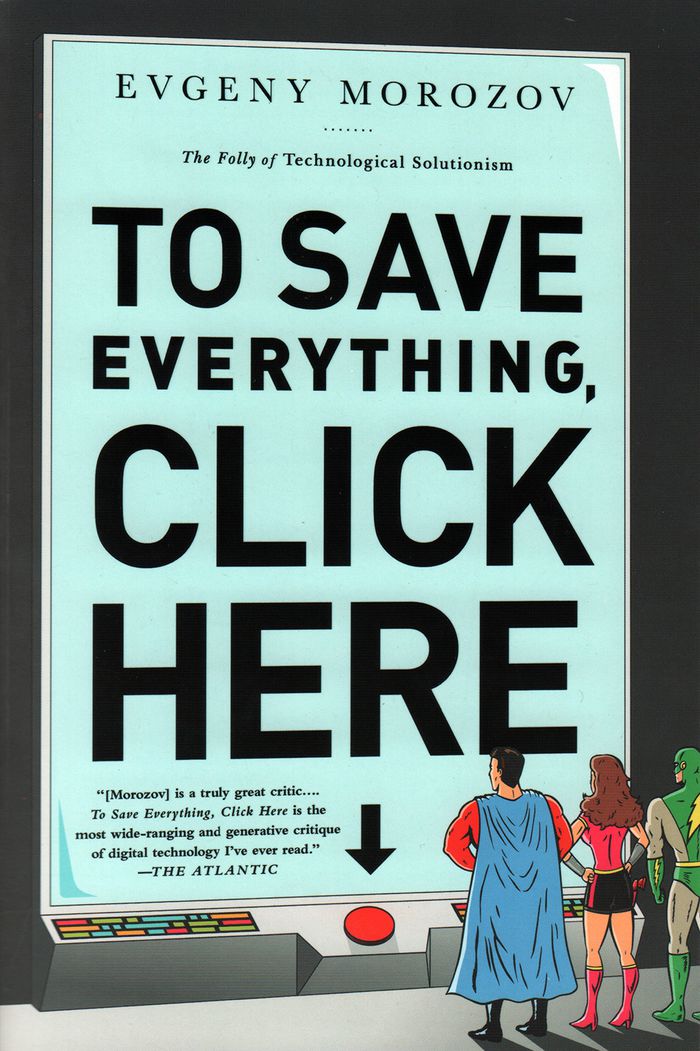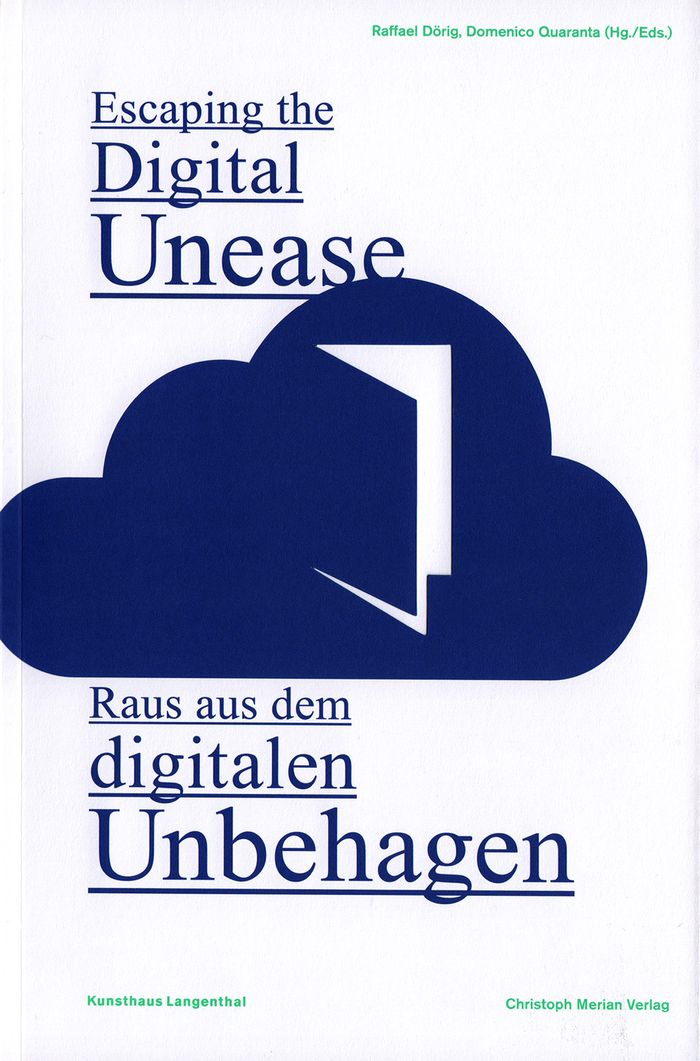Promenade en Enfer
$29.95
(disponible sur commande)
Résumé:
Longtemps soumises à la censure ecclésiastique, certaines bibliothèques conservaient les ouvrages mis à l’Index dans un huis clos mythique nommé Enfer. La simple lecture d’une œuvre proscrite par l’Église pouvait entraîner la damnation éternelle de l’âme. La levée de l’Index dans les années 1960 a entraîné le démantèlement des sections logeant les livres interdits qui ont(...)
Promenade en Enfer
Actions:
Prix:
$29.95
(disponible sur commande)
Résumé:
Longtemps soumises à la censure ecclésiastique, certaines bibliothèques conservaient les ouvrages mis à l’Index dans un huis clos mythique nommé Enfer. La simple lecture d’une œuvre proscrite par l’Église pouvait entraîner la damnation éternelle de l’âme. La levée de l’Index dans les années 1960 a entraîné le démantèlement des sections logeant les livres interdits qui ont disparu tout en conservant leurs secrets. L’une des rares collections encore existantes des livres mis à l’Index, regroupant des centaines de volumes, se retrouve cependant dans la bibliothèque historique du Séminaire de Québec, fondé en 1663. Pierrette Lafond lève le voile sur ces ouvrages jugés immoraux, hérétiques ou dangereux, témoins silencieux de la censure pendant trois siècles et qui racontent un volet occulté de l’histoire morale et culturelle du Québec.
$27.95
(disponible sur commande)
Résumé:
From Greek and Roman times to the digital era, the library has remained central to knowledge, scholarship, and the imagination. The Meaning of the Library is a generously illustrated examination of this key institution of Western culture. Tracing what the library has meant since its beginning, examining how its significance has shifted, and pondering its importance in the(...)
The meaning of the library: a cultural history
Actions:
Prix:
$27.95
(disponible sur commande)
Résumé:
From Greek and Roman times to the digital era, the library has remained central to knowledge, scholarship, and the imagination. The Meaning of the Library is a generously illustrated examination of this key institution of Western culture. Tracing what the library has meant since its beginning, examining how its significance has shifted, and pondering its importance in the twenty-first century, notable contributors—including the Librarian of Congress and the former executive director of the HathiTrust—present a cultural history of the library. In an informative introduction, Alice Crawford sets out the book's purpose and scope, and an international array of scholars, librarians, writers, and critics offer vivid perspectives about the library through their chosen fields. The Meaning of the Library will appeal to all who are interested in this vital institution's heritage and ongoing legacy.
$42.95
(disponible sur commande)
Résumé:
Aaron Swartz était programmeur informatique, essayiste, organisateur politique, et hacker-activiste américain. Adolescent, il était déjà un libre penseur, un programmeur, un écrivain et un militant profondément engagé en faveur de l’accès libre et gratuit à l’information contribuant au bien du public. Élevé dans la banlieue riche de Chicago, il atteint la majorité alors(...)
avril 2017
Celui qui pourrait changer le monde : écrits
Actions:
Prix:
$42.95
(disponible sur commande)
Résumé:
Aaron Swartz était programmeur informatique, essayiste, organisateur politique, et hacker-activiste américain. Adolescent, il était déjà un libre penseur, un programmeur, un écrivain et un militant profondément engagé en faveur de l’accès libre et gratuit à l’information contribuant au bien du public. Élevé dans la banlieue riche de Chicago, il atteint la majorité alors que la bataille relative au téléchargement illégal de musique bat son plein. Il devancera à cette occasion grand nombre des questions encore débattues aujourd’hui. Harcelé par le FBI suite au procès attenté à son égard, Aaron Swartz connaît une fin tragique en mettant fin à ses jours à l’âge de 26 ans alors qu’il faisait face à l’opposition entre son idéal de « free culture » et les lois relatives à la propriété intellectuelle aux États-Unis. Étant donné la terrible brièveté de son audacieuse vie intellectuelle "Celui qui pourrait changer le monde" est une remarquable et substantielle collection de ses écrits (articles, essais, conférences), qui soulignent la pluralité des intérêts du jeune homme, de son amour pour le code, à son idéal d’un monde collaboratif et virtuel. On y découvre un personnage curieux de tout, drôle, brillant, radical et visionnaire, mais aussi plein d’autodérision. Le livre est divisé en six chapitres, suivant ses centres d’intérêts : la culture libre, tout d’abord, les ordinateurs, la politique, les media, les livres et la culture et enfin l’éducation. Ses différents combats (pour la culture libre notamment, qui se politisèrent à la fin de sa vie) sont enracinés dans la croyance qu’accéder à la connaissance et la possibilité de l’utiliser constitue le meilleur moyen d’empowerment et de justice. L’activisme multi-facette de Swartz inclue l’orchestration de pétitions massives en ligne contre les lois relatives au droit d’auteur et la lutte contre le piratage. Swartz a également écrit avec passion sur les livres (Kafka et David Foster font partis de ses favoris), les magazines, les films, la musique et l’éducation.
$30.95
(disponible en magasin)
Résumé:
In Archive Fever, Jacques Derrida deftly guides us through an extended meditation on remembrance, religion, time, and technology—fruitfully occasioned by a deconstructive analysis of the notion of archiving. Intrigued by the evocative relationship between technologies of inscription and psychic processes, Derrida offers for the first time a major statement on the(...)
août 2017
Archive fever: a freudian impression
Actions:
Prix:
$30.95
(disponible en magasin)
Résumé:
In Archive Fever, Jacques Derrida deftly guides us through an extended meditation on remembrance, religion, time, and technology—fruitfully occasioned by a deconstructive analysis of the notion of archiving. Intrigued by the evocative relationship between technologies of inscription and psychic processes, Derrida offers for the first time a major statement on the pervasive impact of electronic media, particularly e-mail, which threaten to transform the entire public and private space of humanity. Plying this rich material with characteristic virtuosity, Derrida constructs a synergistic reading of archives and archiving, both provocative and compelling.
$23.50
(disponible sur commande)
Résumé:
“The revolution will be Twittered!” declared journalist Andrew Sullivan after protests erupted in Iran. But as journalist and social commentator Evgeny Morozov argues in The Net Delusion, the Internet is a tool that both revolutionaries and authoritarian governments can use. For all of the talk in the West about the power of the Internet to democratize societies, regimes(...)
The net delusion: the dark side of the internet
Actions:
Prix:
$23.50
(disponible sur commande)
Résumé:
“The revolution will be Twittered!” declared journalist Andrew Sullivan after protests erupted in Iran. But as journalist and social commentator Evgeny Morozov argues in The Net Delusion, the Internet is a tool that both revolutionaries and authoritarian governments can use. For all of the talk in the West about the power of the Internet to democratize societies, regimes in Iran and China are as stable and repressive as ever. Social media sites have been used there to entrench dictators and threaten dissidents, making it harder—not easier—to promote democracy. Marshalling a compelling set of case studies, The Net Delusion shows why the cyber-utopian stance that the Internet is inherently liberating is wrong, and how ambitious and seemingly noble initiatives like the promotion of “Internet freedom” are misguided and, on occasion, harmful.
$21.00
(disponible sur commande)
Résumé:
Arguing that we badly need a new, post-Internet way to debate the moral consequences of digital technologies, To Save Everything, Click Here warns against a world of seamless efficiency, where everyone is forced to wear Silicon Valley's digital straitjacket.
To save everything, click here: the folly of technological solutionism
Actions:
Prix:
$21.00
(disponible sur commande)
Résumé:
Arguing that we badly need a new, post-Internet way to debate the moral consequences of digital technologies, To Save Everything, Click Here warns against a world of seamless efficiency, where everyone is forced to wear Silicon Valley's digital straitjacket.
$37.95
(disponible sur commande)
Résumé:
Le potentiel de la bibliothèque de consolider le lien entre la ville et l'homme contemporain invalide les fondements des années 1990, basés sur une vision hiérarchique de l'espace, au profit d'une conception vicinale. La définition d'un espace non-hiérarchique apparaît alors comme l'emblème de tout projet architectural.
Du livre à la ville : la bibliothèque comme espace public
Actions:
Prix:
$37.95
(disponible sur commande)
Résumé:
Le potentiel de la bibliothèque de consolider le lien entre la ville et l'homme contemporain invalide les fondements des années 1990, basés sur une vision hiérarchique de l'espace, au profit d'une conception vicinale. La définition d'un espace non-hiérarchique apparaît alors comme l'emblème de tout projet architectural.
Escaping the digital unease
$48.95
(disponible sur commande)
Résumé:
Constant activity in digital and analogue spaces leaves behind an increasingly diffuse feeling of unease, irrespective of how commonplace that activity may be. Meantime however, the marketing of social relations, the dissolution of the private sphere, and the dominance of commercial actors are being perceived as a problem that demands an active interdisciplinary(...)
Escaping the digital unease
Actions:
Prix:
$48.95
(disponible sur commande)
Résumé:
Constant activity in digital and analogue spaces leaves behind an increasingly diffuse feeling of unease, irrespective of how commonplace that activity may be. Meantime however, the marketing of social relations, the dissolution of the private sphere, and the dominance of commercial actors are being perceived as a problem that demands an active interdisciplinary discourse. Media scientists and artists reflect here on that unease and present perspectives on and ways out of the excessive demands on users by way of the most recent research and artistic experiments. This book brings together essays and provides insight into the international group exhibition featuring works by Olia Lialina, Christoph Wachter & Mathias Jud, and Benjamin Grosser, among others.
$18.95
(disponible sur commande)
Résumé:
En étudiant des opérations et des systèmes techniques potentiellement ouverts à la recherche, cet essai interroge le rapport du design aux «humanités numériques» (digital humanities) qui se développent depuis le milieu des années 2000. En quoi les environnements numériques contemporains actualisent-ils les modes de production et de transmission des savoirs ? Quelle est la(...)
Design et humanités numériques
Actions:
Prix:
$18.95
(disponible sur commande)
Résumé:
En étudiant des opérations et des systèmes techniques potentiellement ouverts à la recherche, cet essai interroge le rapport du design aux «humanités numériques» (digital humanities) qui se développent depuis le milieu des années 2000. En quoi les environnements numériques contemporains actualisent-ils les modes de production et de transmission des savoirs ? Quelle est la place des designers dans des projets relevant des sciences humaines et sociales ? De la modélisation des connaissances à l’injonction à l’innovation et à la créativité, du design d’expérience aux conditionnements techniques, de l’étude de la rationalité numérique aux reconfigurations de la subjectivité, ce parcours réflexif montre que l’industrie des programmes, chaque jour un peu plus puissante, n’a pas épuisé tout le champ des possibles. En interrogeant et en révélant l’environnement technique dans lequel les humanités numériques opèrent, le travail des techniques numériques par le design montre ainsi qu’il reste de la place pour d’autres modulations, d’autres sensibilités, d’autres cultures.
$42.00
(disponible sur commande)
Résumé:
David Parisi offers the first full history of haptic interface technologies, showing how the efforts of scientists and engineers over the past 300 years have gradually remade and redefined our sense of touch. Through lively analyses of electrical machines, videogames, sex toys, sensory substitution systems, robotics, and human-computer interfaces, Parisi shows how the(...)
Archaeologies of touch: interfacing with haptics from electricity to computing
Actions:
Prix:
$42.00
(disponible sur commande)
Résumé:
David Parisi offers the first full history of haptic interface technologies, showing how the efforts of scientists and engineers over the past 300 years have gradually remade and redefined our sense of touch. Through lively analyses of electrical machines, videogames, sex toys, sensory substitution systems, robotics, and human-computer interfaces, Parisi shows how the materiality of touch technologies has been shaped by attempts to transform human into more efficient processors of information.









